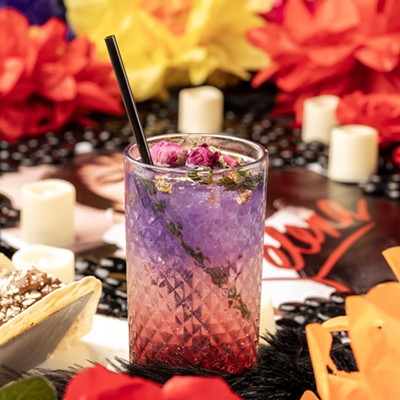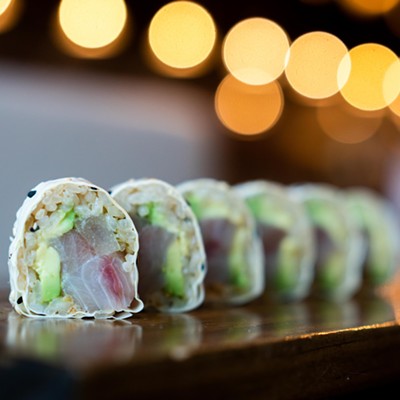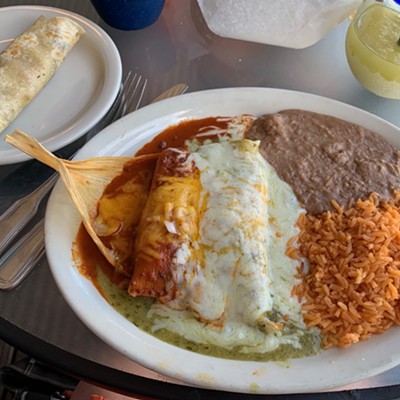While I was seriously disturbed to hear that feeding tubes were the latest trend in weight-loss, I am more bewildered by the development of "diet glasses."
Oh, those wacky Japanese. What, will they think of next?
I have little trouble understanding how fabricated scents could trick subjects into believing they're eating something fancier/more fattening. 'Cause, like, one time I ate an oatmeal cookie when my grandmother was cooking a large pot of pasta sauce and all I could taste was marinara.
So it's clear to me that sense of smell contributes much to taste; I didn't realize, however, sight and touch were also such influential parts of the eating experience. Having not tried the diet goggles myself (THOUGH UNIVERSITY OF TOKYO I AM NOT AVERSE TO FREE SAMPLES), I'm still a bit dubious simply viewing a larger cookie would convince me it had actually, in (non-virtual) reality, increased in size.
Also, the larger the serving, the more I actually eat, as I take it as some sort of weird challenge to conquer the entire portion. Clearly, however, I'm in the minority if (most?) test subjects ate 10 percent less when the cookie was enlarged 50 percent.
But what happens then when your stomach does not recognize the same quantity of food as your eyes? Does your body tell you to keep eating in an ill-fated attempt to reconcile servings consumed with fullness felt? Or does the bait-and-switch between perceived portion size and amount eaten put you off entirely from the manipulated food?
Readers, do you think this diet method would work for you?
Follow Eating Our Words on Facebook and on Twitter @EatingOurWords





